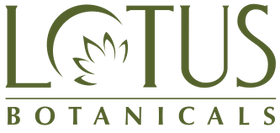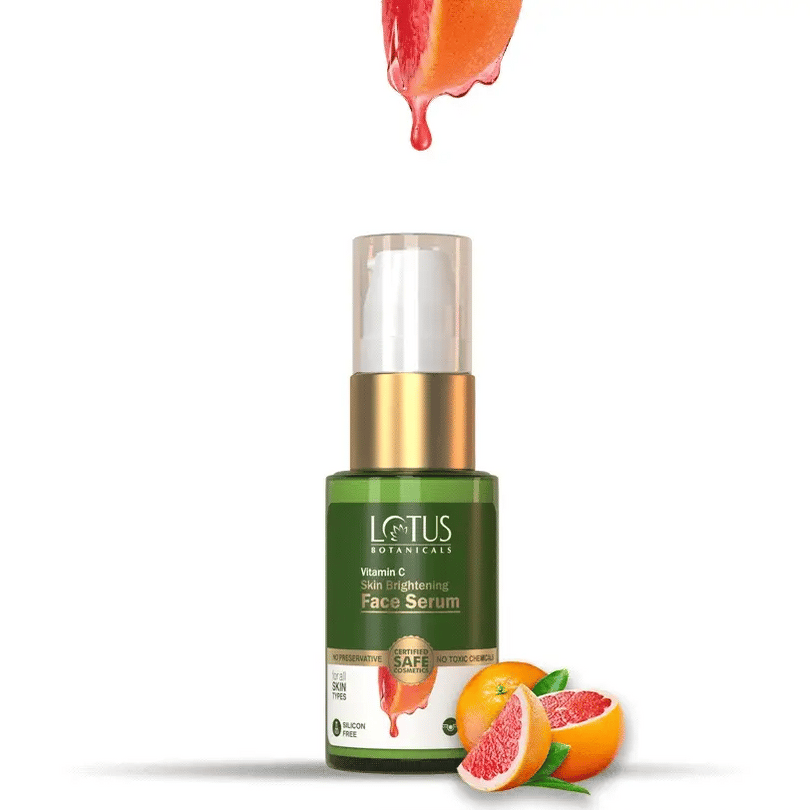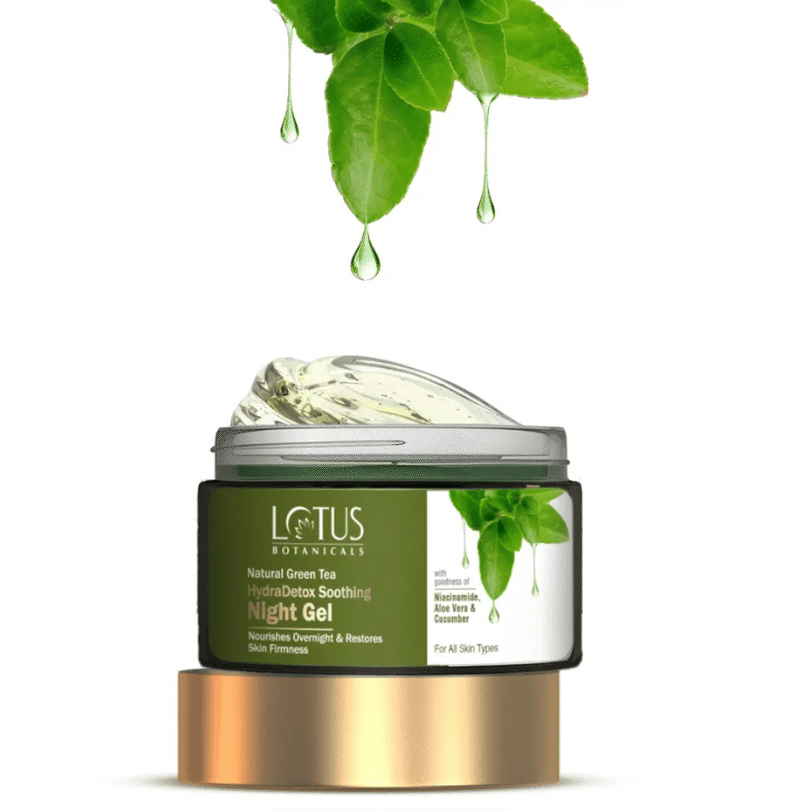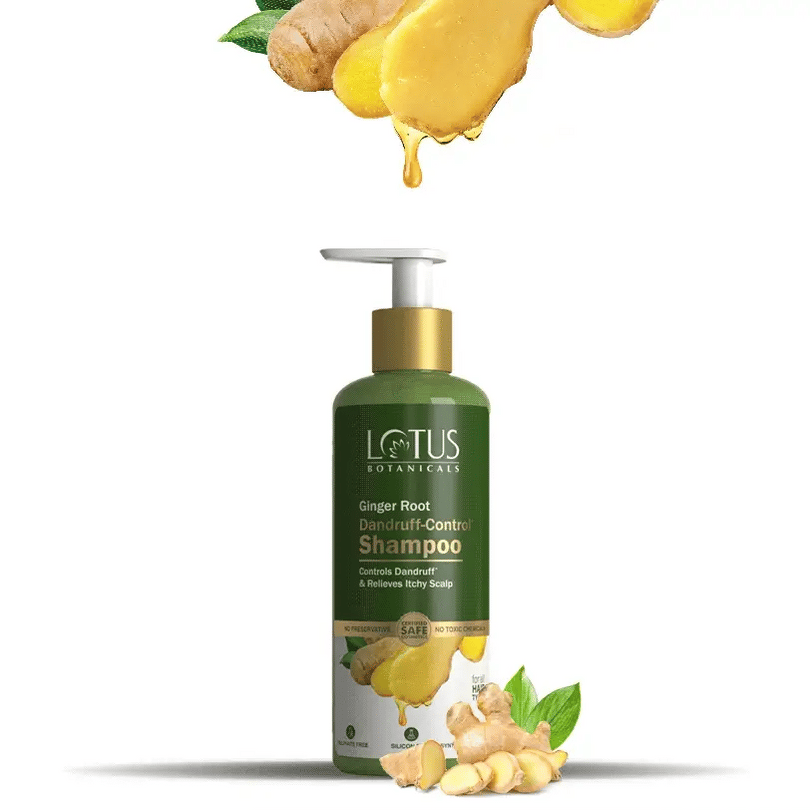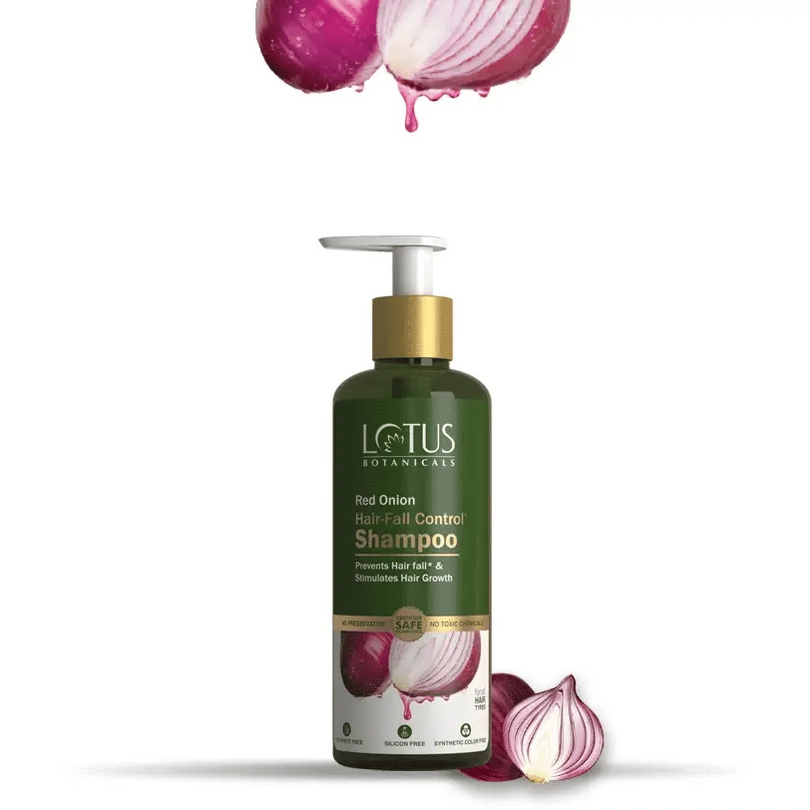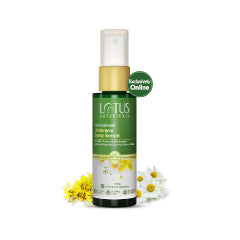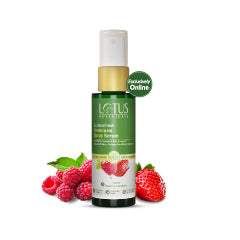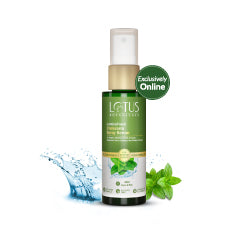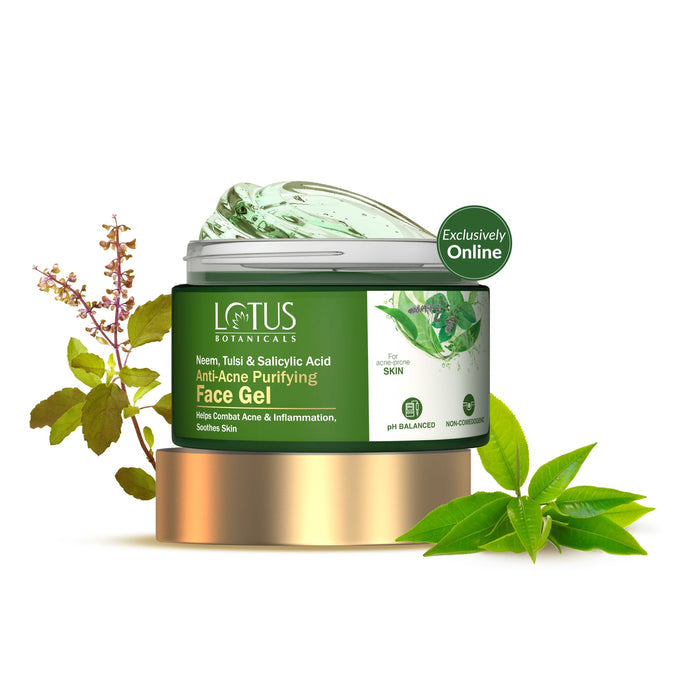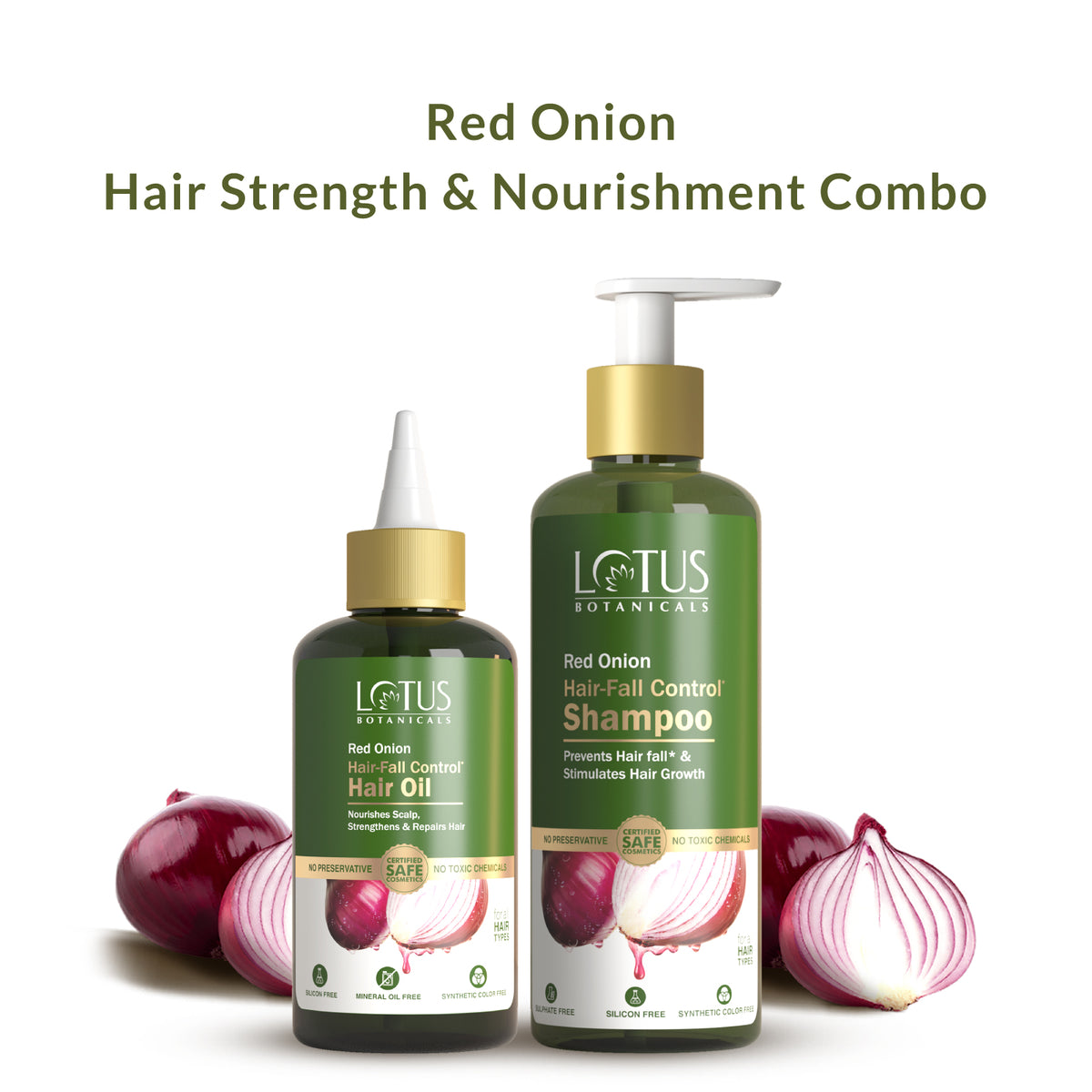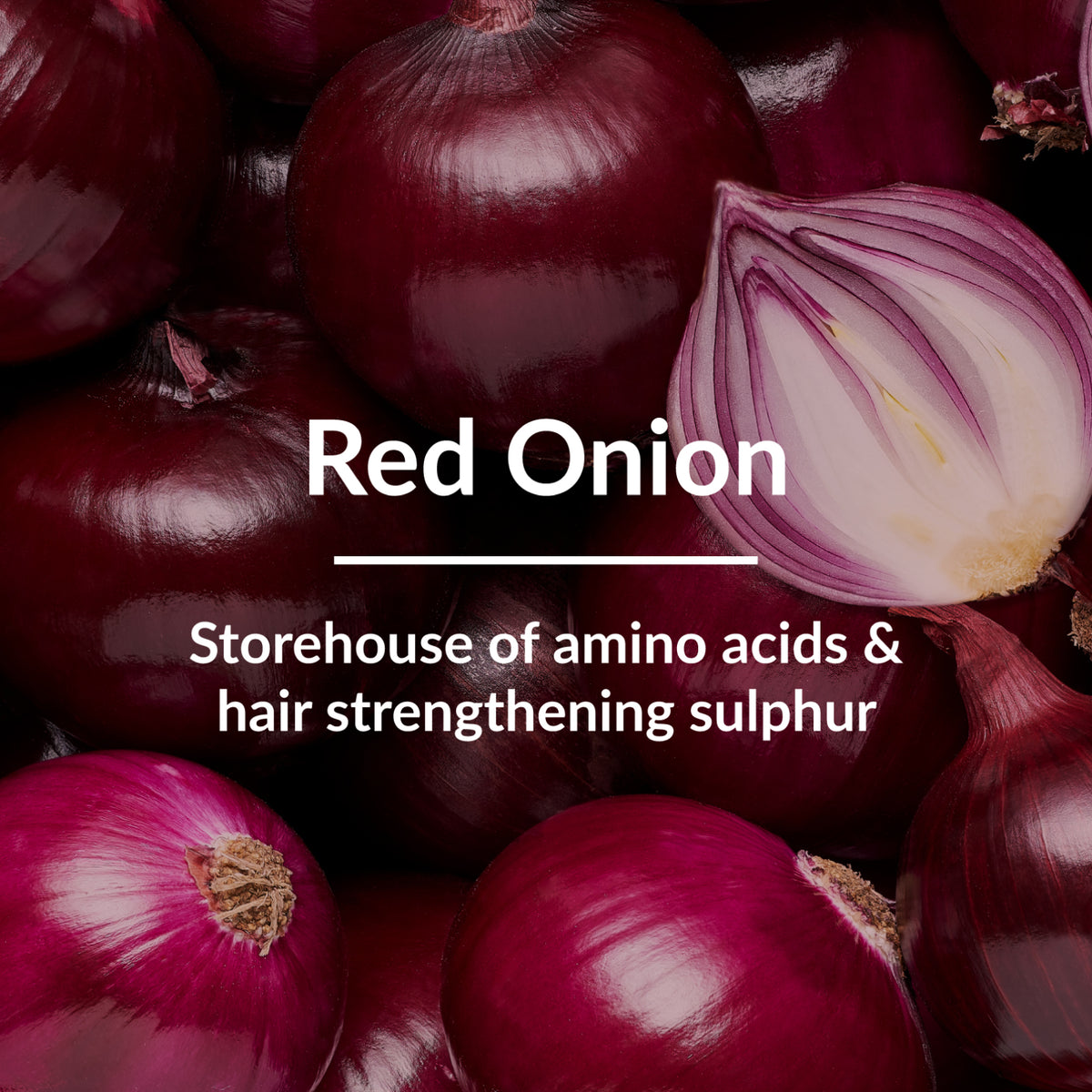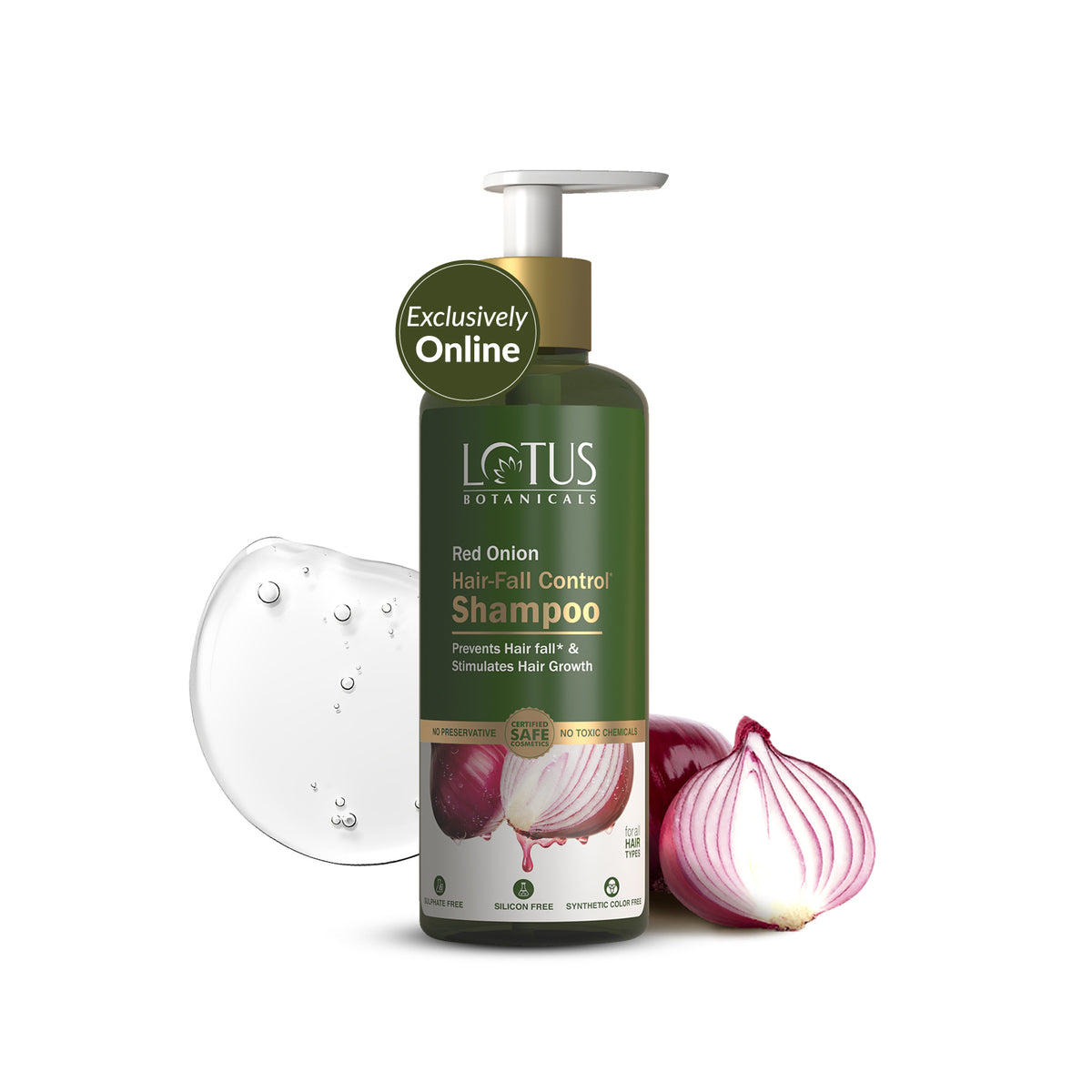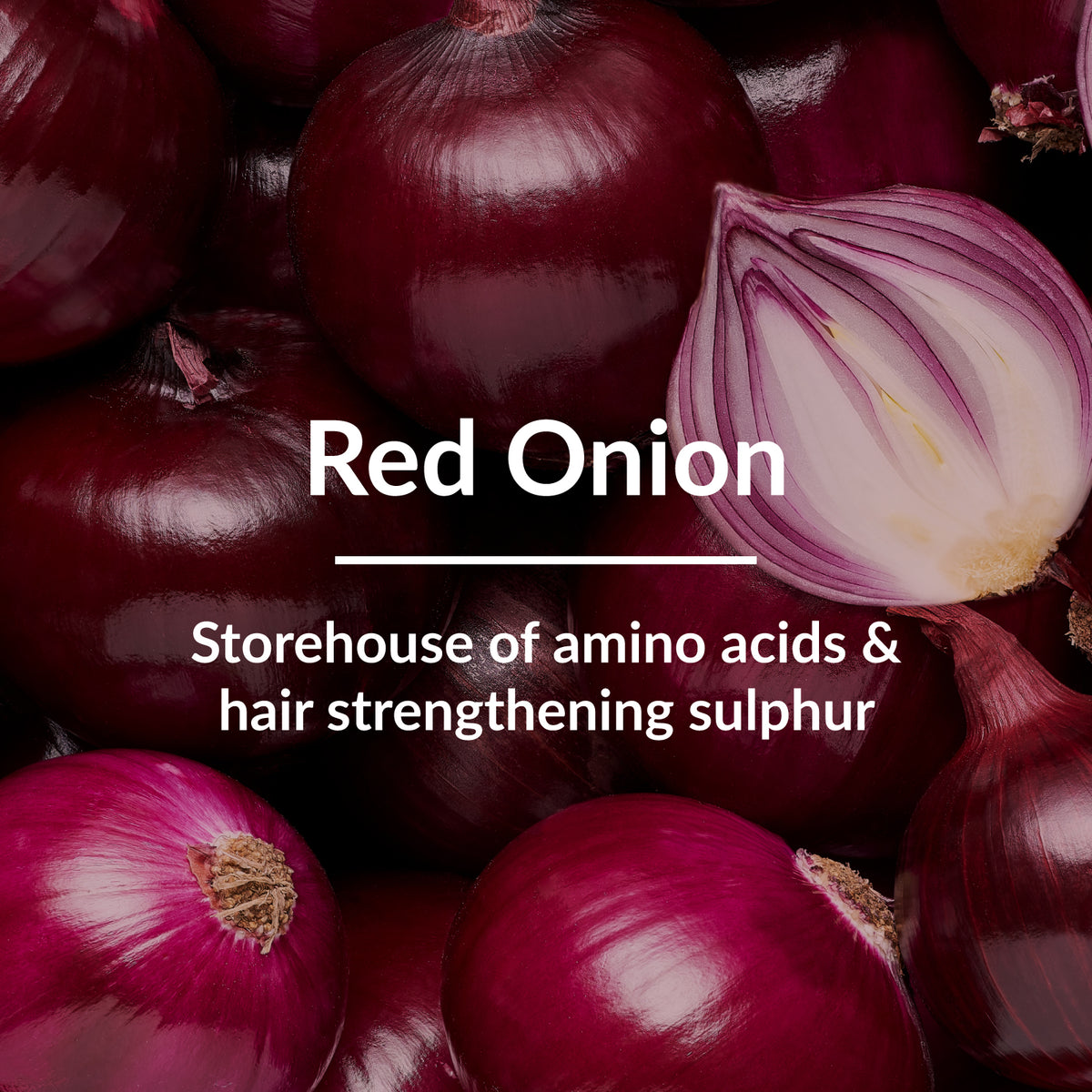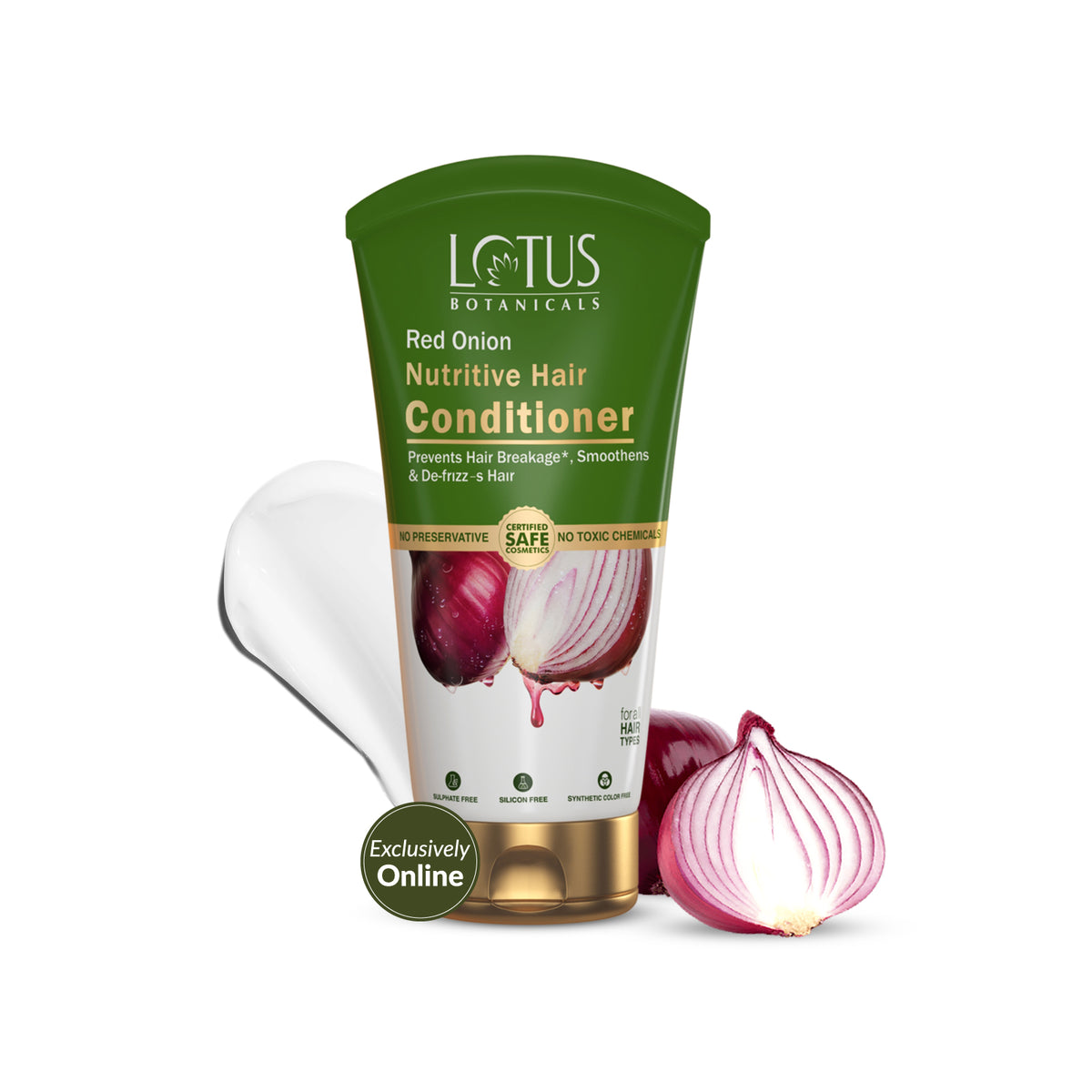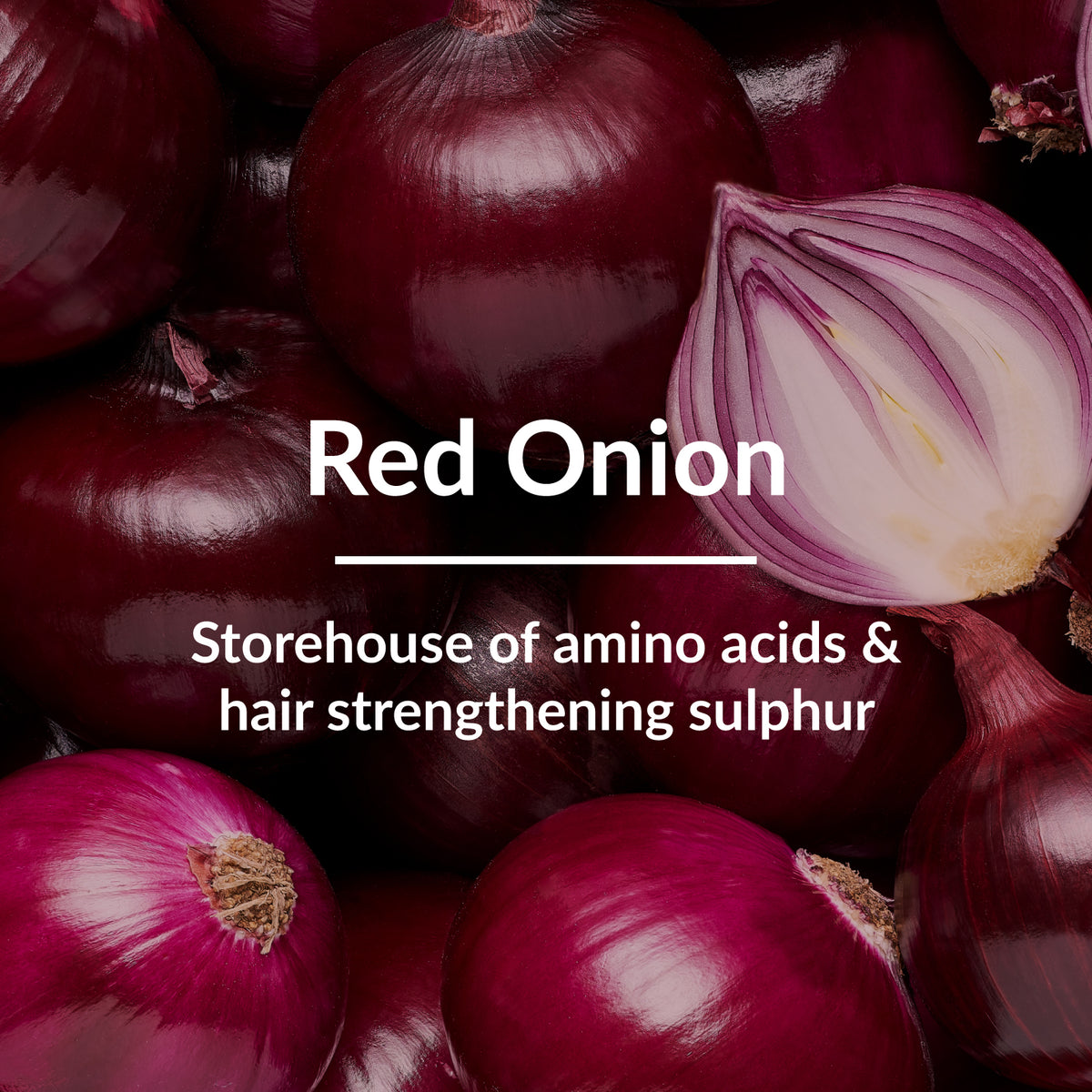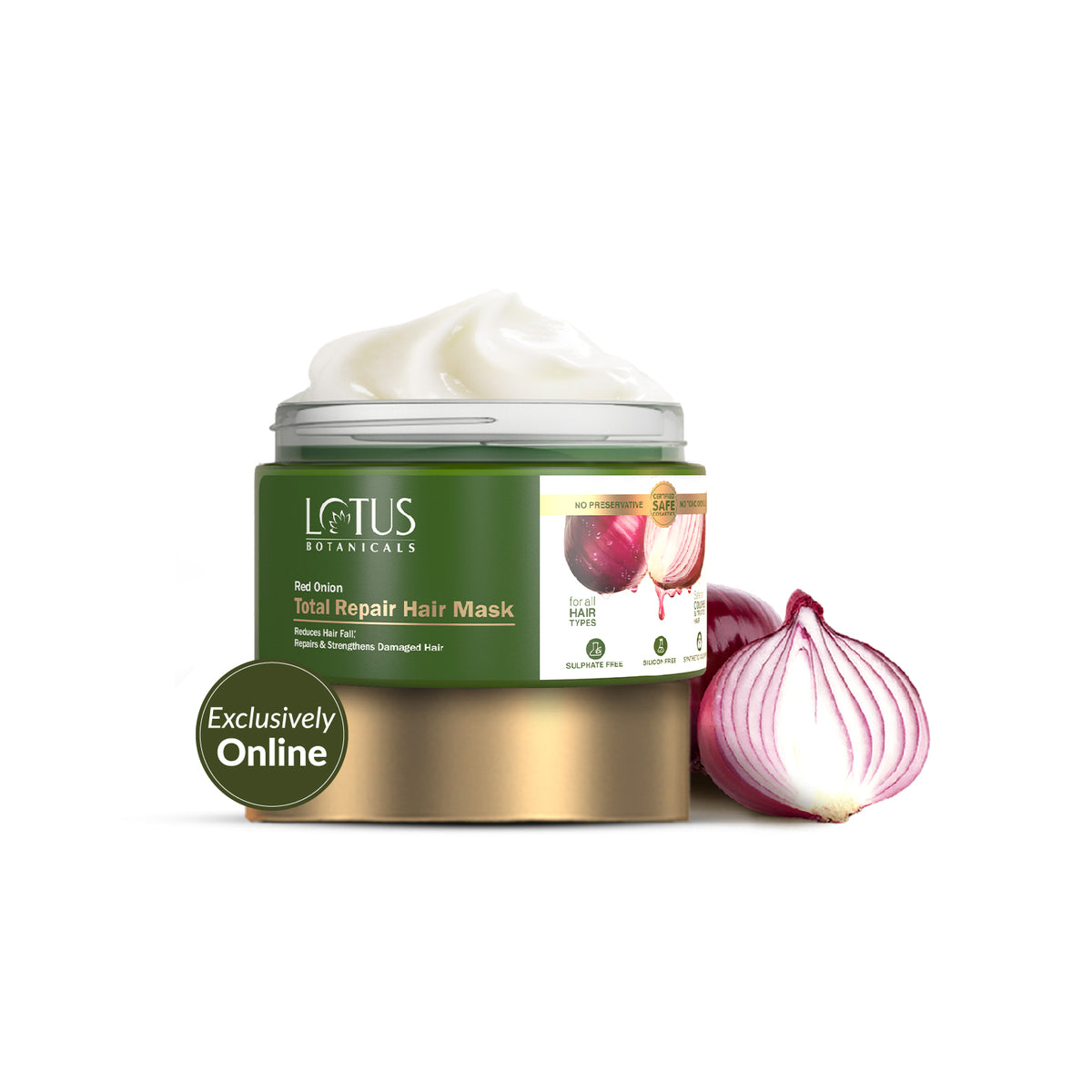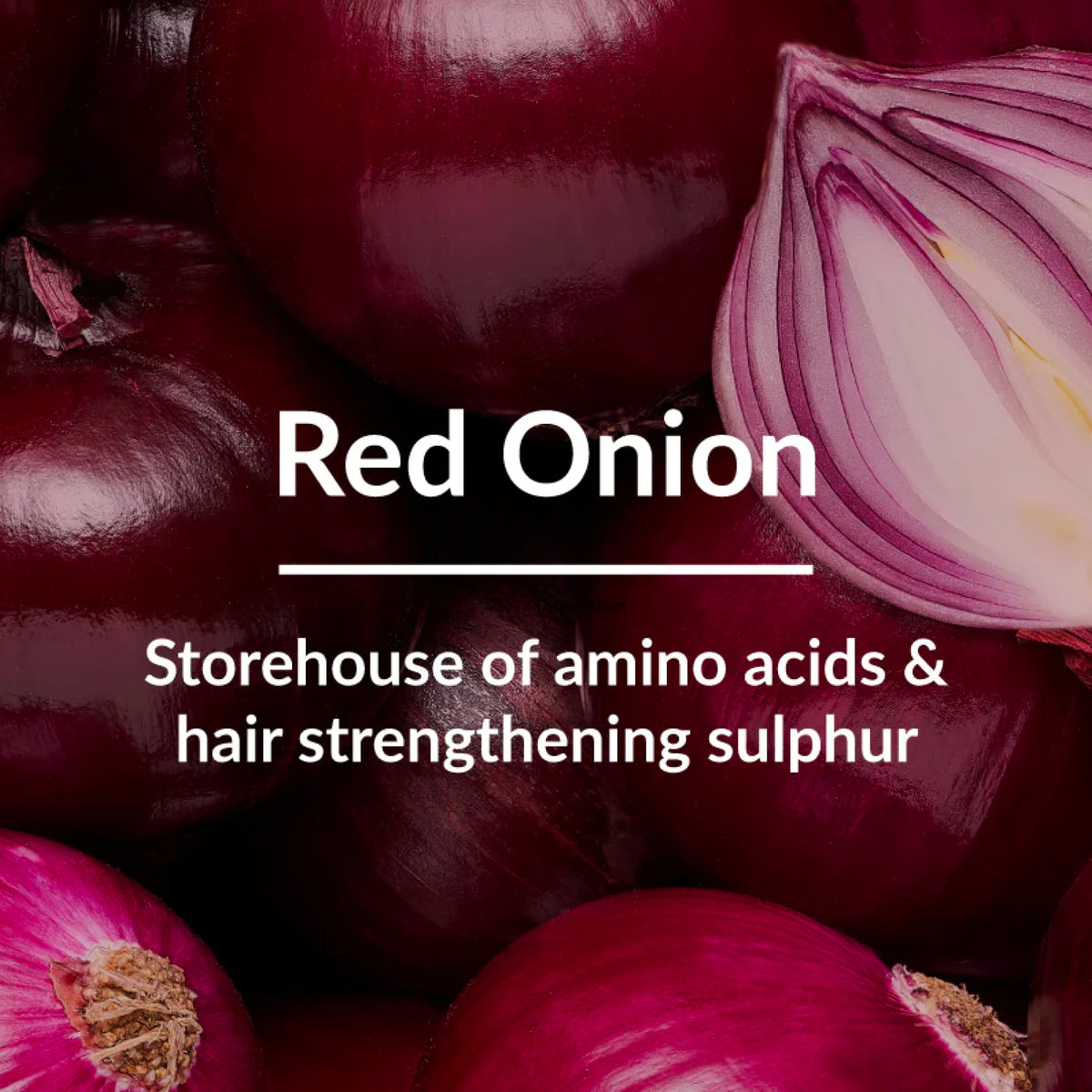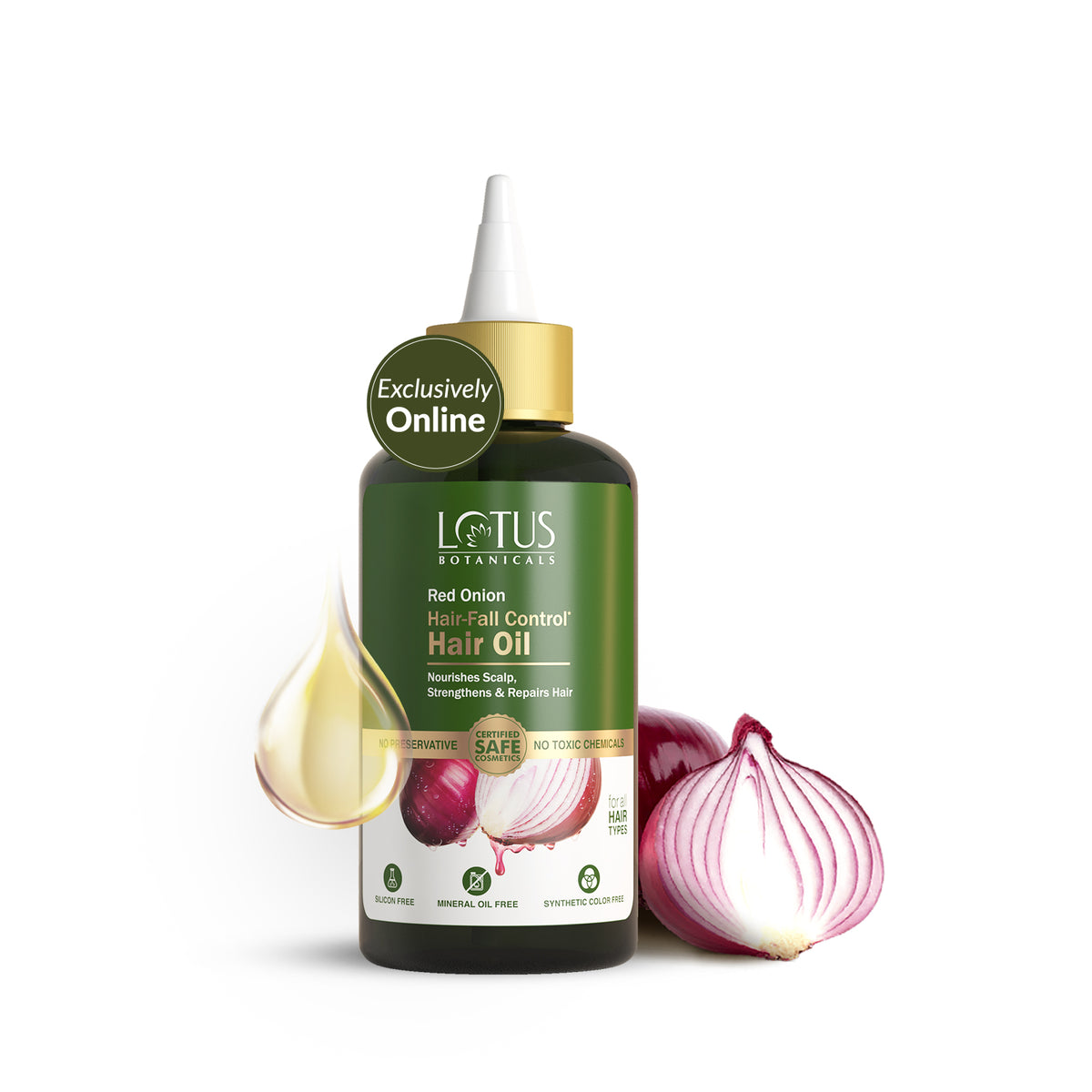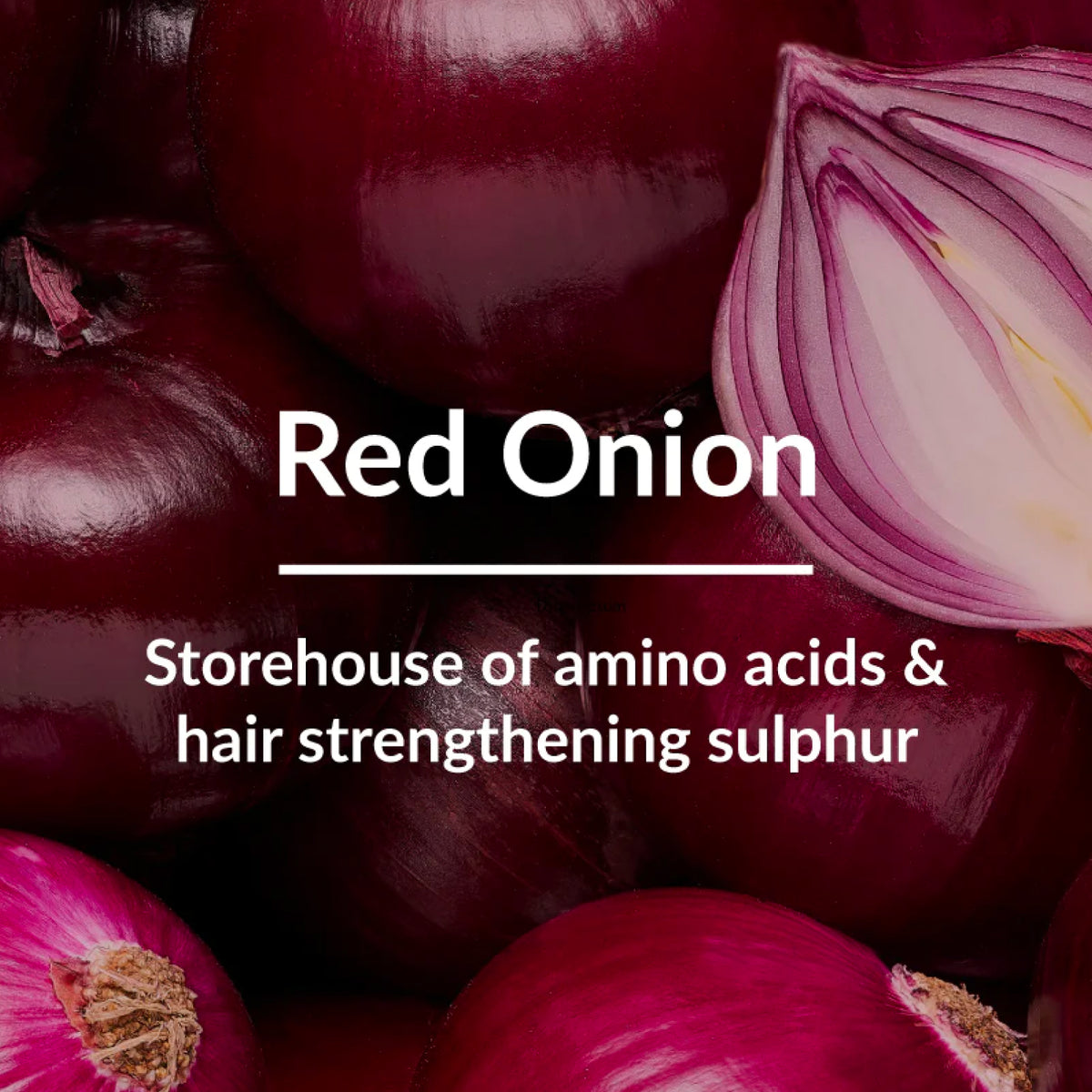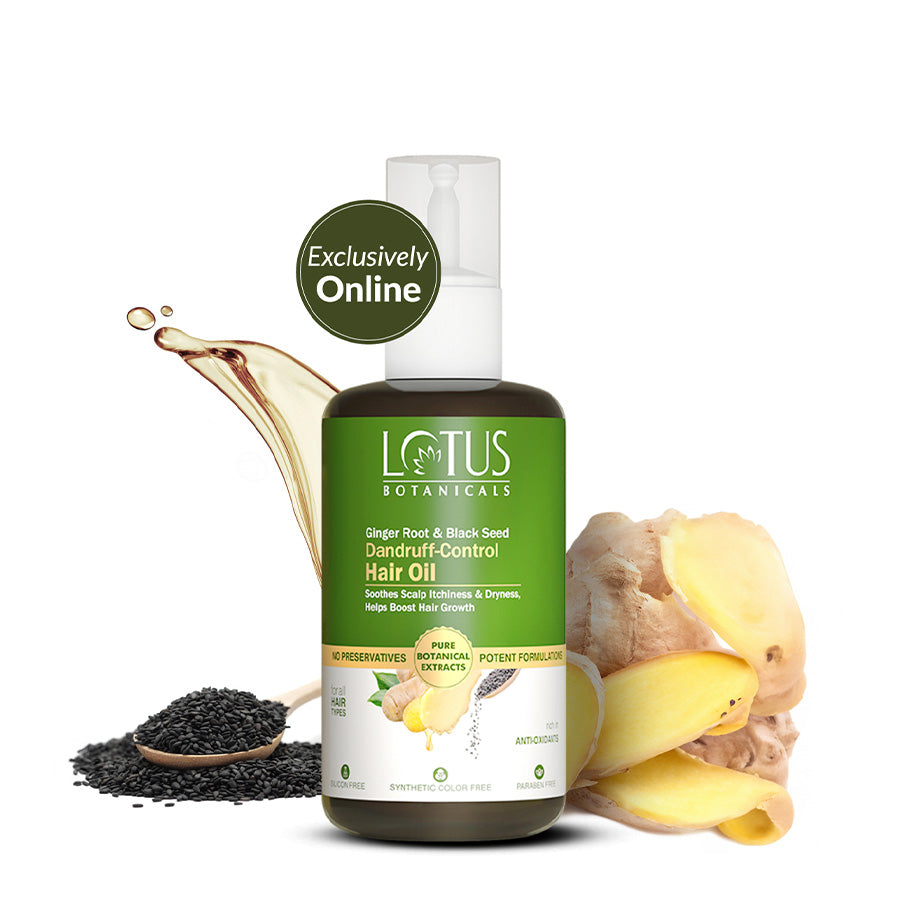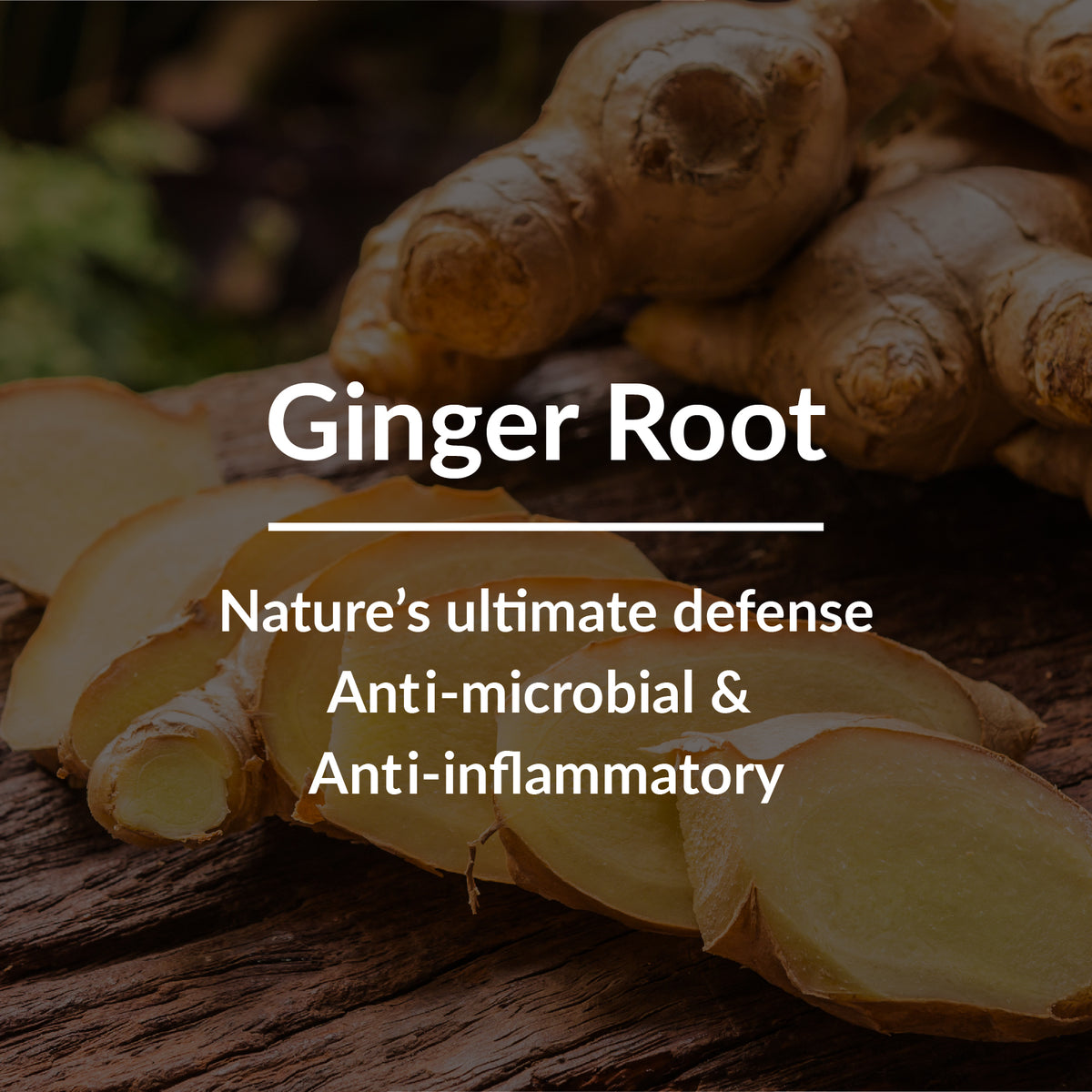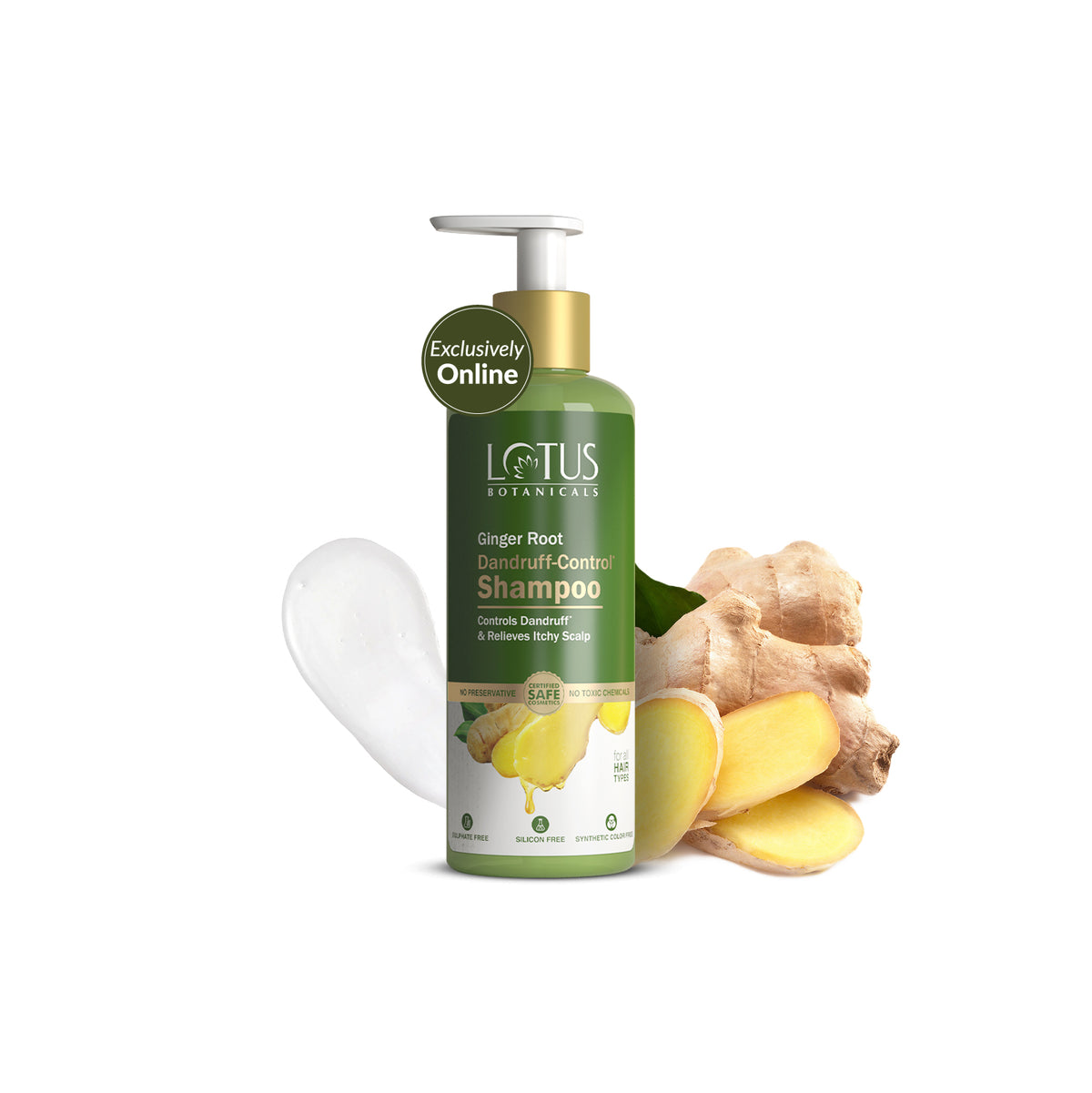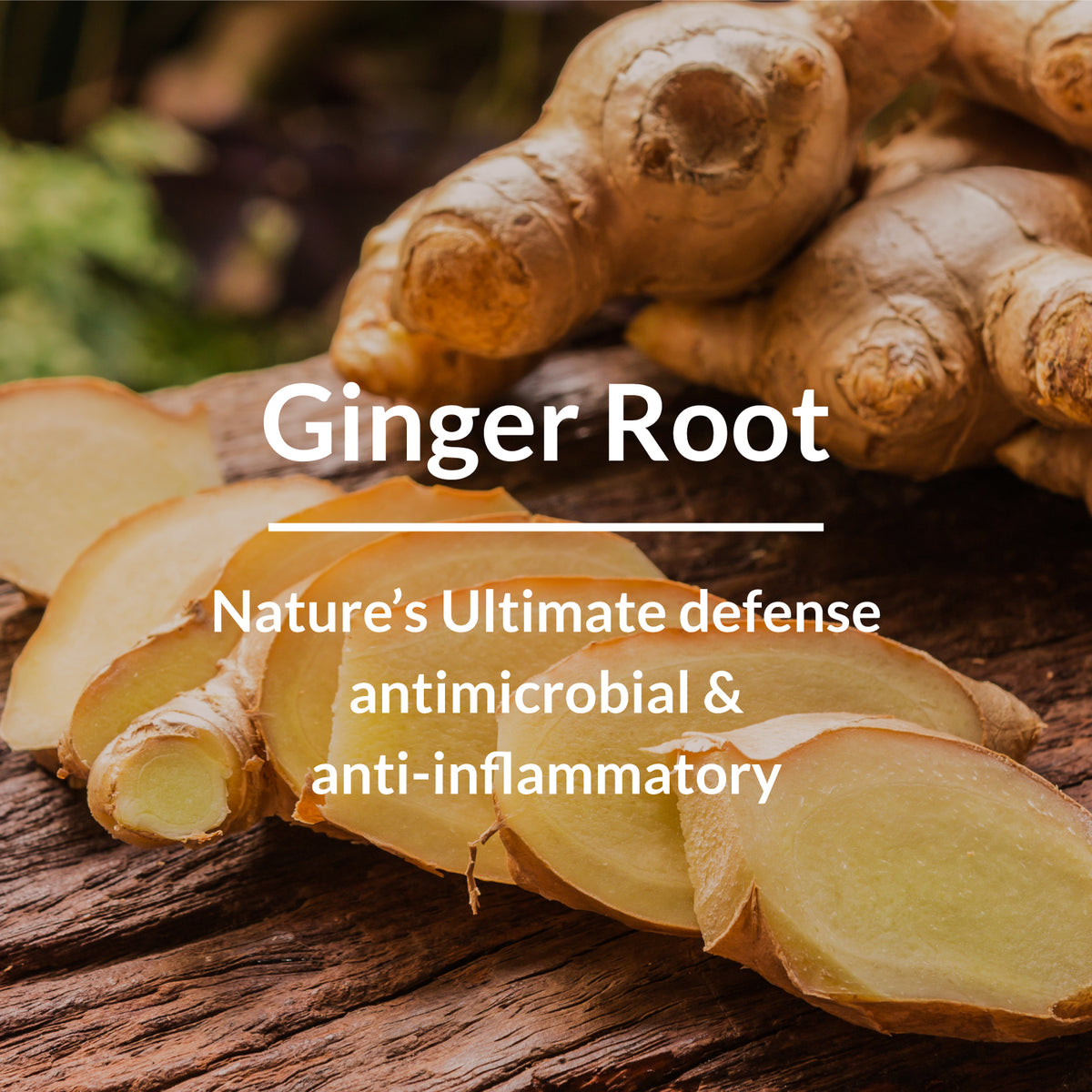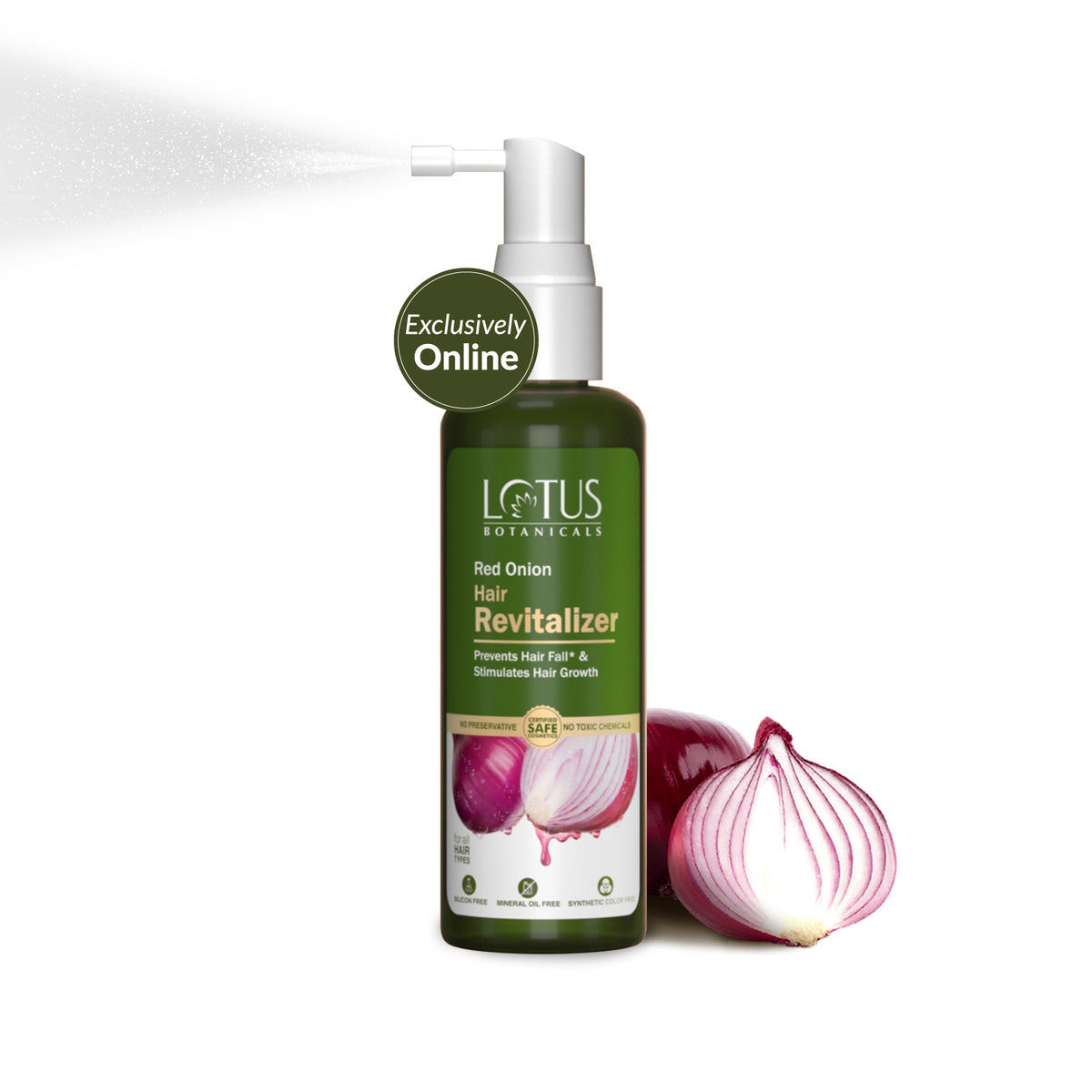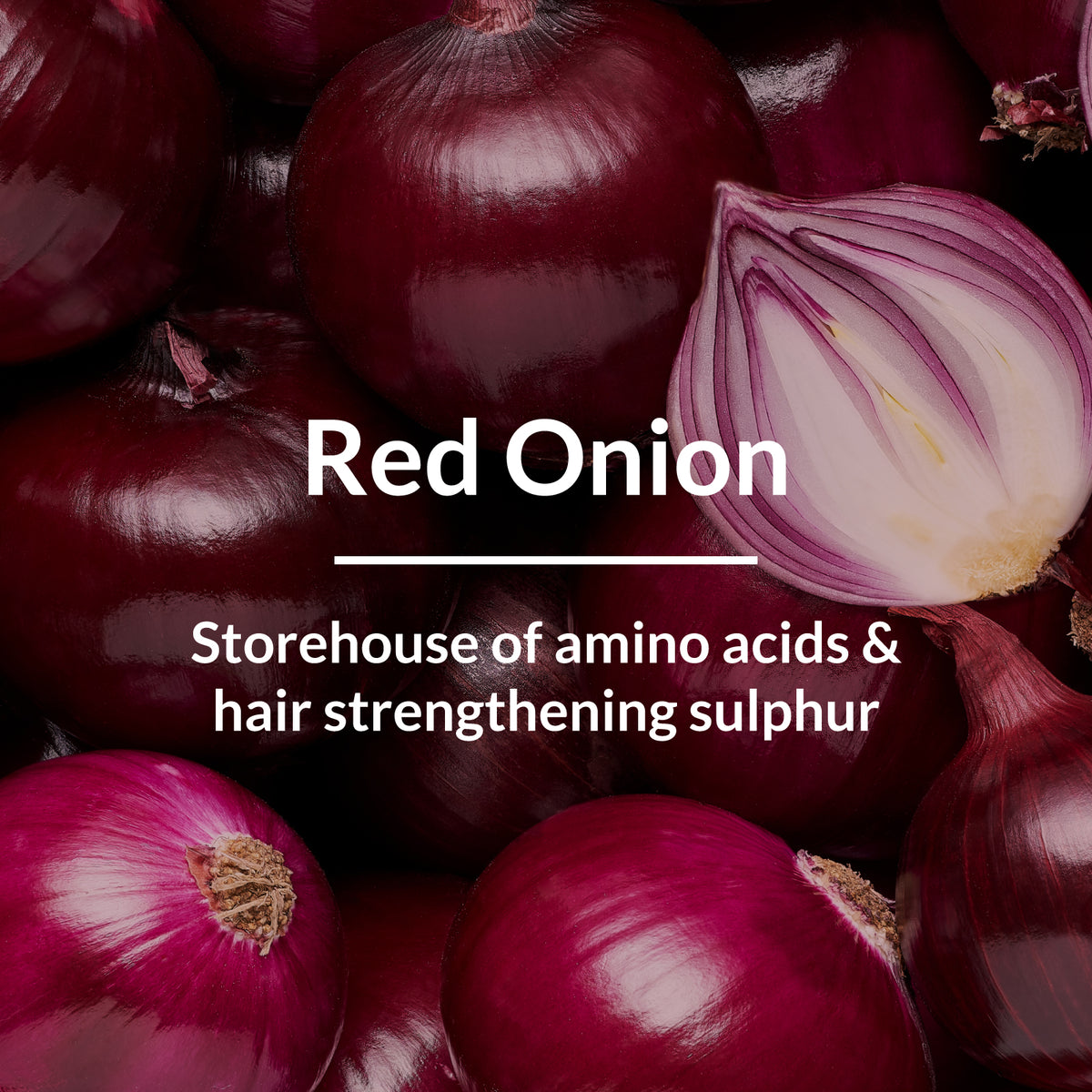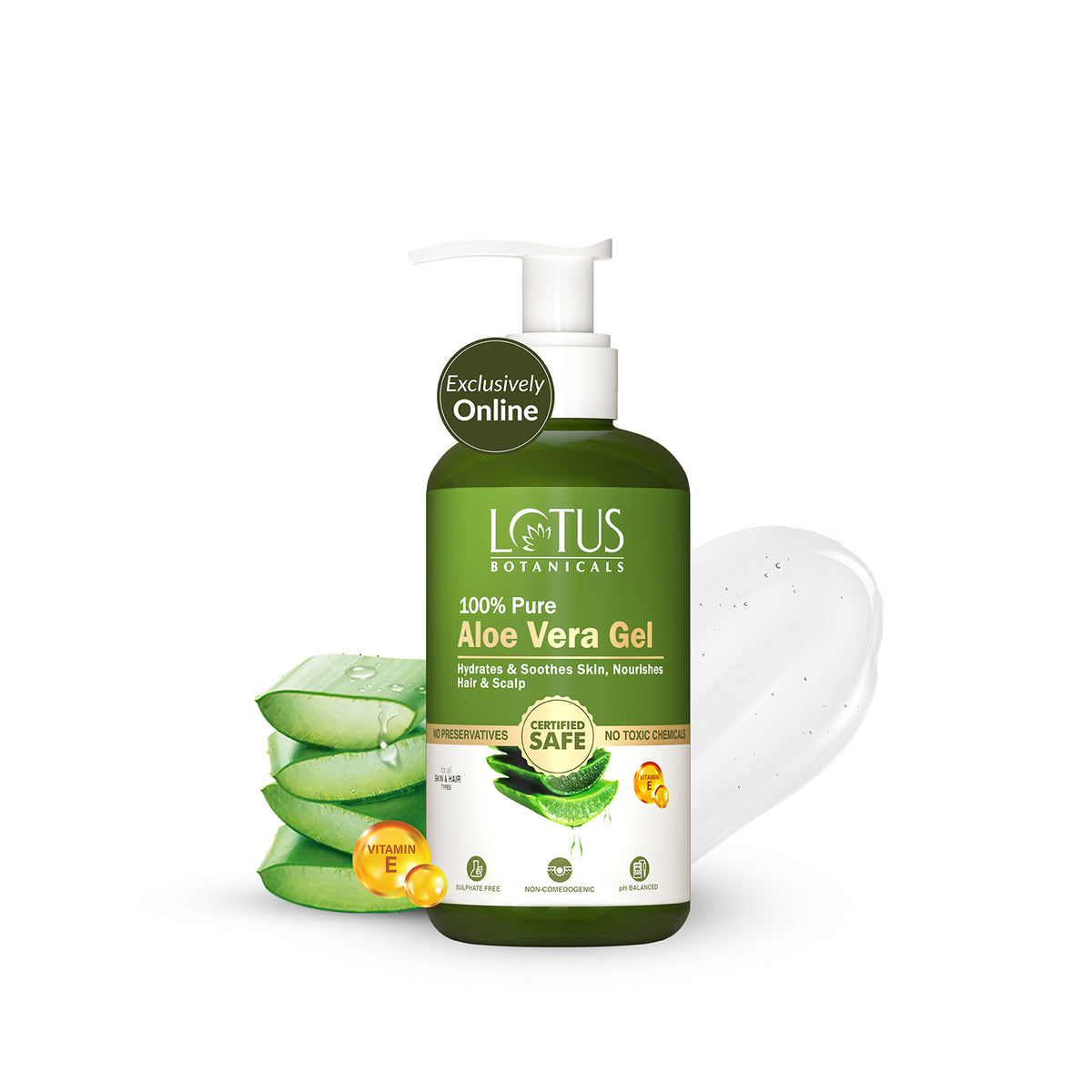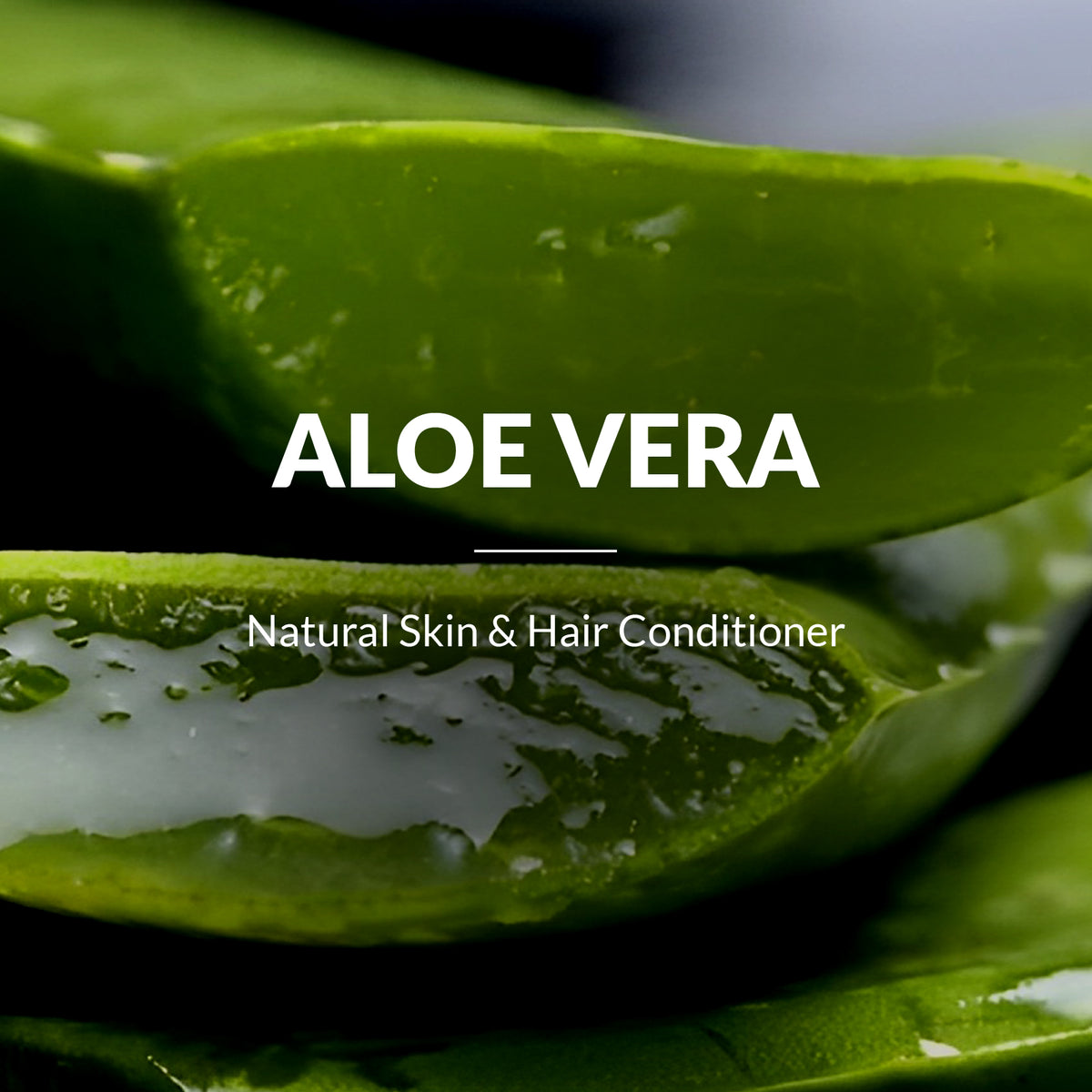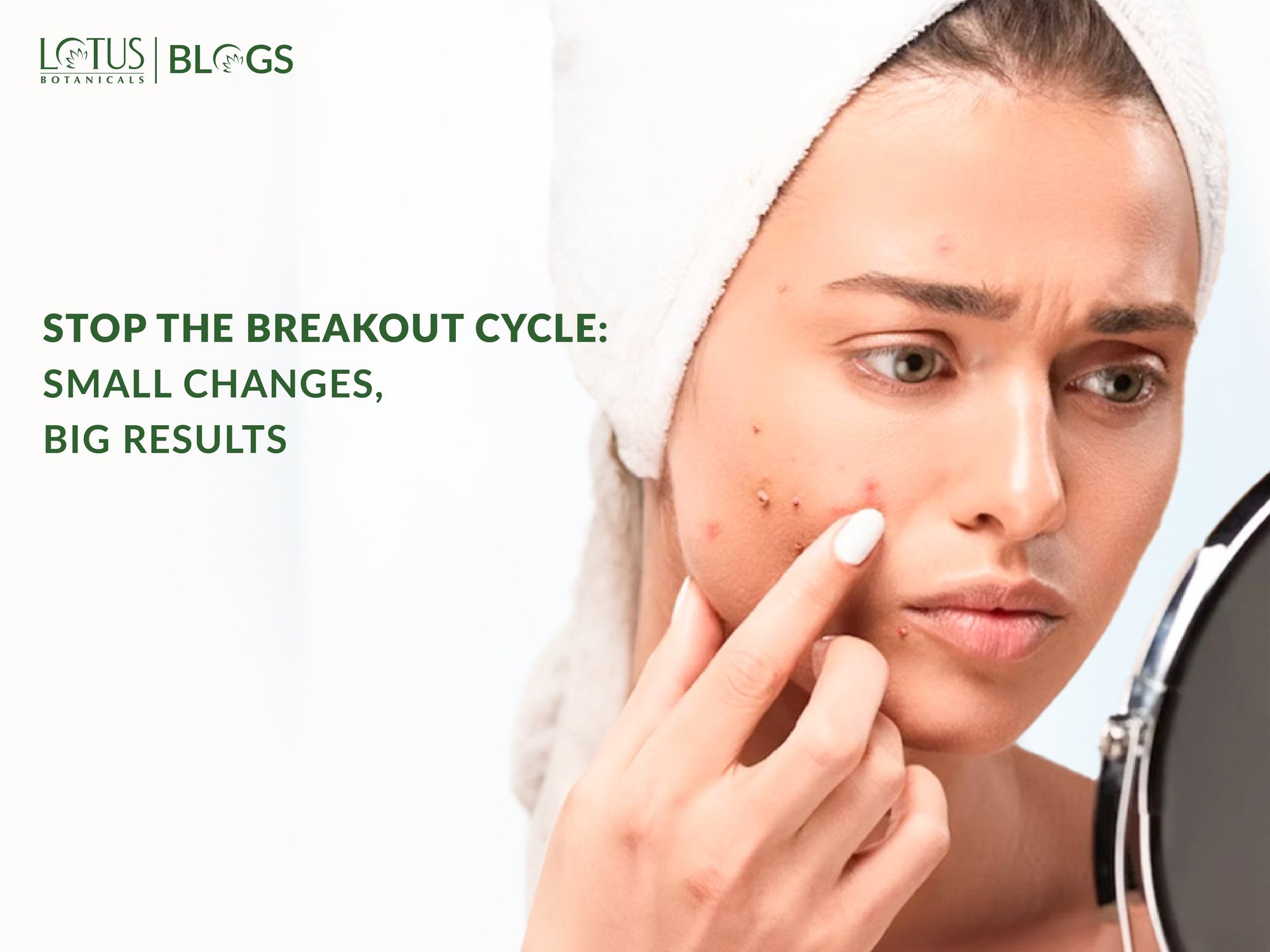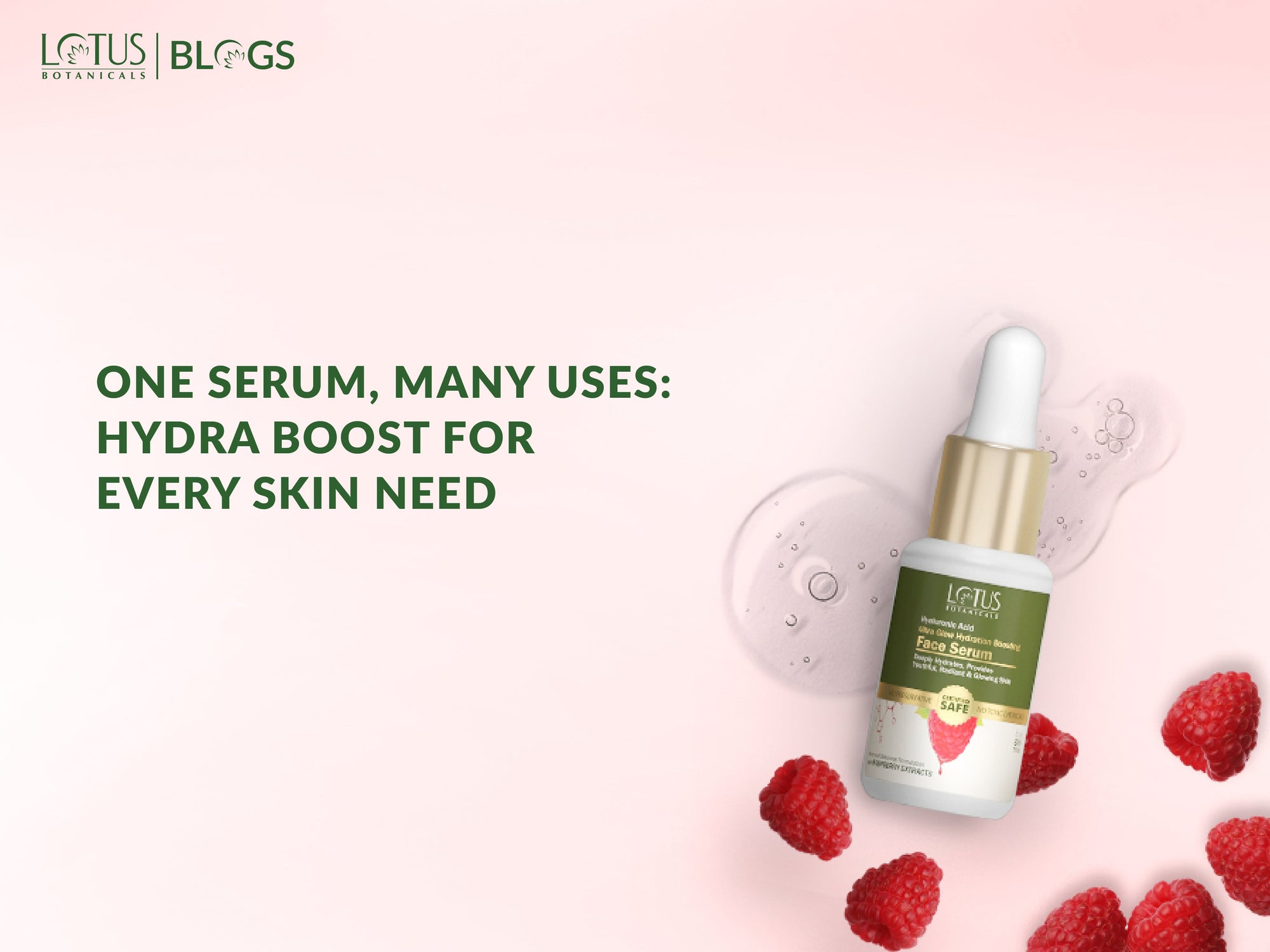
Highlights
-
Nutritional Support for Hair Health
-
When to Seek Professional Guidance?
-
Conclusion
Essential Haircare Routine for Healthy and Strong Hair
Have you ever noticed more hair in your brush than usual? Imagine waking up one day and finding your pillow covered with strands of hair. This is a common concern for many people and a clear sign of hair loss. But don't worry, you're not alone. Just as plants need care to grow strong, our hair needs attention to stay healthy and vibrant. Welcome to a guide that will help you understand how to take care of your hair in a simple and effective way. Whether you have long or short hair, curly or straight, a good hair care routine is like a secret recipe for keeping your hair strong and looking its best. Let's explore some essential steps and practices that can help prevent hair loss and keep your locks shining.
Red Onion Hair-Fall Control* Shampoo
Helps Prevent Hair Fall | Helps Promote Hair Growth | Strengthens Hair

Daily Hair Care Practices
Caring for your hair every day is like giving it a little love and attention. Just a few simple practices can go a long way in maintaining the health and strength of your hair.
Here's what you can do on a daily basis to keep your locks looking their best:
1. Gentle Washing
Gentle cleansing is the foundation of a healthy haircare routine. It involves using a shampoo that is sulfate-free and suitable for your specific hair type.
Sulfates are harsh cleansing agents that can strip your hair of its natural oils, leading to dryness and damage. Opting for a mild shampoo helps to cleanse the scalp and hair without causing excessive dryness or irritation.
By maintaining a proper cleansing routine, you can effectively remove dirt, oil, and product buildup from your hair, promoting a clean and refreshed scalp.
Consider trying products like "Red Onion Hair-Fall Control Shampoo" from LotusBotanical, known for their natural and effective solutions for hair care. This sulfate-free shampoo can provide gentle cleansing while addressing hair-fall concerns, leaving your hair feeling nourished and revitalized.
2. Proper Conditioning
Proper conditioning is a crucial step in your daily hair care routine to maintain healthy and vibrant hair. Using a conditioner that suits your hair type and needs helps to replenish moisture, improve manageability, and prevent issues like dryness and split ends. When applying conditioner, focus on the mid-lengths and ends of your hair, as these areas are more prone to dryness.
For those with oily scalps, avoid applying conditioner directly to the roots to prevent excess oil buildup. Regular conditioning not only enhances the overall texture and appearance of your hair but also protects it from environmental stressors and styling damage. Here is how you can properly condition Your Hair:
- Start by shampooing your hair to cleanse it of dirt and oil.
- Squeeze out excess water from your hair, then apply conditioner to the mid-lengths and ends.
- Keep the conditioner away from your scalp if it tends to get oily quickly.
- Use a wide-tooth comb or your fingers to gently detangle your hair while the conditioner is applied.
- Let the conditioner sit in your hair for a few minutes before rinsing.
- Rinse your hair thoroughly to ensure no residue is left behind.
- Finish with a cold water rinse to help seal the hair cuticles and add shine (optional).
For an extra boost of natural moisture and nourishment, consider using "LotusBotanical's 100% Pure Aloe Vera Gel With Vitamin E." This product, enriched with Vitamin E, can complement your conditioning routine, leaving your hair revitalized, silky, and well-protected.
3. Cold Water Rinse
A cold water rinse at the end of your shower is a simple yet effective technique to enhance the health and appearance of your hair.
When you expose your hair to cold water, the hair cuticles contract and lie flat, creating a smoother surface. This results in increased shine and reduced frizz. Cold water also helps seal in the moisture and nutrients provided by your shampoo and conditioner.
While the effects are temporary, incorporating a cold water rinse into your routine can make a noticeable difference in the overall texture and manageability of your hair. It's a quick and natural way to enhance your hair's appearance without relying solely on styling products.
4. Gentle Drying
After washing, it's crucial to avoid the common mistake of vigorously rubbing your hair with a towel. Wet hair is more susceptible to damage, and rough towel-drying can lead to frizz, breakage, and even hair loss.
Instead, adopt a gentler approach. After washing, gently squeeze out excess water from your hair by lightly pressing sections of it between your palms.
Then, use a soft, microfiber towel or an old cotton T-shirt to pat your hair dry. This method minimizes friction and reduces the risk of disrupting the hair's cuticle layer, leaving your strands smoother, less prone to breakage, and overall healthier in the long run.
5. Use Hair Serum or Oil
This step is all about using special oils or serums for your hair. These products, like Lotus Botanicals' "Ginger Root & Black Seed Dandruff Control Hair Oil," can be like magic potions for your hair. They help stop frizz and dryness, making your hair look super shiny. Imagine giving your hair a drink of water—it's like that, but for your hair.
The special ingredients in this hair oil, like ginger root and black seed, are like superhero helpers. They not only add moisture but also make your hair stronger.
So, when you use products like Lotus Botanicals' hair oil, you're not just making your hair pretty, you're also giving it some extra love and protection.
6. Heat Protection
Using heat styling tools like blow dryers, straighteners, and curling irons can lead to hair damage and breakage due to the high temperatures they generate.
Heat protection must be part of your everyday hair care routine to prevent damage. Heat protectant products protect your hair from heat, preventing moisture loss, split ends, and frizz.
Applying a heat protectant spray or serum before styling helps to distribute heat more evenly and prevents direct contact between the hot tools and your hair.
This proactive step ensures that your hair retains its health, shine, and strength even with regular heat styling.
7. Avoid Tight Hairstyles
Maintaining tight ponytails, braids, buns, or other pulled-back styles can stress the hair shaft and follicles. This stress can cause hair breakage, thinning, and loss. Tight hairstyles can also strain the scalp, causing headaches.
To promote hair health, opt for looser hairstyles that don't strain the hair roots. This simple change in styling habits can significantly reduce the risk of damage and help your hair maintain its strength, volume, and natural beauty.
Here are some best Hairstyles to prevent damage of your hair:
- Loose Waves: Embrace natural waves with a texturizing spray for a carefree look.
- Low Ponytail: Secure your hair in a low, loose ponytail to reduce tension on the scalp.
- Messy Bun: Create a relaxed bun with strands left out for a casual yet chic style.
- Half-Up, Half-Down: Gather the top half of your hair into a loose tie while leaving the rest down.
- Soft Braids: Opt for loose braids or fishtail braids that don't pull too tightly.
- Top Knot: Form a gentle top knot on the crown of your head for a laid-back updo.
By choosing these gentler hairstyles, you'll help maintain your hair's integrity and minimize the risk of breakage, ensuring that your hair remains healthy and beautiful.
8. Use Silk or Satin Pillowcase
Switching to a silk or satin pillowcase can significantly benefit the health and appearance of your hair.
Unlike traditional cotton pillowcases, silk and satin are smoother materials that create less friction against your hair while you sleep. This reduced friction minimizes hair breakage, tangles, and frizz, helping your hair maintain its natural texture and preventing damage.
Additionally, silk and satin pillowcases are gentler on delicate hair strands, making them particularly suitable for individuals with curly, coarse, or fragile hair.
By choosing a silk or satin pillowcase, you're investing in a simple yet effective way to wake up to smoother, more manageable hair and extend the life of your hairstyles.
9. Avoid Overwashing
The advice to avoid overwashing your hair is rooted in maintaining its natural health and balance.
Overwashing, particularly with harsh shampoos, can strip your hair of its essential oils, leaving it dry, brittle, and prone to breakage. Instead, find a washing frequency that suits your hair type and lifestyle.
For many, this might mean washing every 2-3 days or even less frequently, as natural oils help condition and protect the hair. Consider using dry shampoos in between washes to manage excess oil and maintain a fresh appearance.
By adopting a balanced washing routine, you allow your hair to retain its natural moisture, resulting in more manageable, resilient, and vibrant hair over time.
Nutritional Support for Hair Health
Similar to other parts of our body, our hair benefits from enough nutrition. The consumption of food has a substantial impact on the maintenance of hair health and strength.
By feeding our hair with appropriate nutrients, we facilitate its growth, boost its shine, and promote longevity. Let's dive deeper into why nutritional support is essential for hair health:
Importance of a Balanced Diet
A balanced diet is like a fuel station for your hair. It gives nutrients for hair development and health. Supplements including protein, biotin, vitamins A and E, zinc, and iron are crucial. Protein is hair's building block, boosting growth and structure. Minerals like zinc and iron prevent hair loss and strengthen strands, while biotin and vitamins A and E improve hair health.
Hydration Role in Hair Health
Hydration is a key player in maintaining healthy hair. Just as your body needs water to function, your hair needs proper hydration to stay moisturized and resilient. Dehydrated hair can become brittle, prone to breakage, and lackluster in appearance. Drinking enough water supports the hair's natural moisture balance, promoting elasticity and shine. Additionally, a well-hydrated scalp is crucial for a conducive environment for hair growth, making hydration an essential aspect of overall hair health.
Red Onion Nutritive Hair Conditioner
Helps Prevents Hair-fall | Helps Reduce Frizziness | Nourishes Hair
Red Onion Total Repair Hair Mask
Helps Prevent Hair-fall | Helps Promote Hair Growth | Healthy and Nourished Hair

Foods to Include
Including the right foods in your diet can greatly contribute to the health and strength of your hair. Here are some key foods to include for optimal hair health:
- Salmon: Fatty fish like salmon are a fantastic source of omega-3 fatty acids. These healthy fats contribute to scalp health by reducing inflammation and promoting blood circulation, which in turn supports hair follicles. Omega-3s also help keep your hair moisturized, reducing the risk of breakage and promoting a shiny appearance.
- Eggs: Eggs are not only a great source of protein but also contain biotin, a B-vitamin that's crucial for healthy hair growth. Biotin helps strengthen the hair shaft, reduce brittleness, and prevent hair loss. Additionally, eggs contain other nutrients like zinc and selenium, which contribute to overall hair health.
- Spinach: Leafy greens like spinach are rich in iron and vitamins A and C. Iron is essential for proper blood circulation and oxygen delivery to hair follicles, promoting healthy growth. Vitamin A helps your scalp produce sebum, a natural oil that keeps your hair moisturized, while vitamin C supports collagen production for hair structure.
- Nuts and Seeds: Almonds, walnuts, flaxseeds, and sunflower seeds are packed with nutrients beneficial for hair health. They provide vitamin E, an antioxidant that helps protect hair cells from damage, and biotin, which promotes hair growth and overall strength. These foods also offer essential fatty acids that contribute to scalp health and hydration.
- Greek Yogurt: Greek yogurt is not only a great source of protein but also contains vitamin B5 (pantothenic acid) and vitamin D. Vitamin B5 helps improve blood circulation to the scalp, ensuring that hair follicles receive the nutrients they need. Vitamin D supports hair follicle cycling and plays a role in hair growth.
Incorporating these foods into your regular diet can supply your body with the necessary nutrients for healthy hair growth and maintenance.
Remember, consistency is key – including a variety of nutrient-rich foods over time can lead to improved hair health and a radiant appearance.
Foods to Limit
Certain foods can negatively impact your hair health and growth. Highly processed foods high in sugar and unhealthy fats can lead to inflammation, affecting hair follicles.
Excessive caffeine and alcohol consumption can dehydrate your body, including your scalp, making hair dry and brittle.
Additionally, crash diets and excessive limits deprive hair of nutrition, causing thinning and breaking. Use moderation and a balanced diet to provide your hair the nutrients it needs to stay strong and vibrant.
When to Seek Professional Guidance?
Seek expert help if your hair loss is significant, sudden, or accompanied by unexpected symptoms like itching, redness, or scalp pain. Dermatologists and trichologists can advise on hair and scalp health. They can diagnose alopecia, hormone abnormalities, and scalp infections. Early management can significantly reduce hair loss and promote regrowth. Remember, a skilled professional can provide customized guidance and treatments to help you restore confidence and keep healthy hair.
Red Onion Hair-Fall Control Hair Oil
Helps Control Hair Fall | Helps Prevents Split-ends | Helps Repair Dull & Damaged Hair
Conclusion
Incorporating a well-rounded hair care routine is your key to unlocking vibrant and resilient hair. From gentle cleansing and nourishing treatments to mindful lifestyle choices, each step contributes to the vitality of your locks. By prioritizing hydration, balanced nutrition, and protection from external stressors, you invest in your hair's long-term health. Remember, consistency is paramount, and seeking professional advice when needed ensures a personalized approach. With a commitment to these practices, you're on the path to flaunting hair that radiates health and strength, enhancing not only your appearance but also your confidence.
Ginger Root & Black Seed Dandruff Control Hair Oil
Prevents Dandruff & Itchiness | Strenghten Hair Follicles | Increases Hair Volume
Ginger Root Dandruff-Control Shampoo
Controls Dandruff | Promotes Hair Growth |Nourishes Hair Roots
Highlights
-
Nutritional Support for Hair Health
-
When to Seek Professional Guidance?
-
Conclusion
Related Products
Red Onion Nutritive Hair Conditioner
Helps Prevents Hair-fall | Helps Reduce Frizziness | Nourishes Hair
Ginger Root Dandruff-Control Shampoo
Controls Dandruff | Promotes Hair Growth |Nourishes Hair Roots
Red Onion Hair-Fall Control Hair Oil
Helps Control Hair Fall | Helps Prevents Split-ends | Helps Repair Dull & Damaged Hair
Ginger Root & Black Seed Dandruff Control Hair Oil
Prevents Dandruff & Itchiness | Strenghten Hair Follicles | Increases Hair Volume
Red Onion Total Repair Hair Mask
Helps Prevent Hair-fall | Helps Promote Hair Growth | Healthy and Nourished Hair
Red Onion Hair Revitalizer
Helps Protects Hair from Heat | Reduces Frizziness | De-tangles Knots
Red Onion Hair-Fall Control* Shampoo
Helps Prevent Hair Fall | Helps Promote Hair Growth | Strengthens Hair






